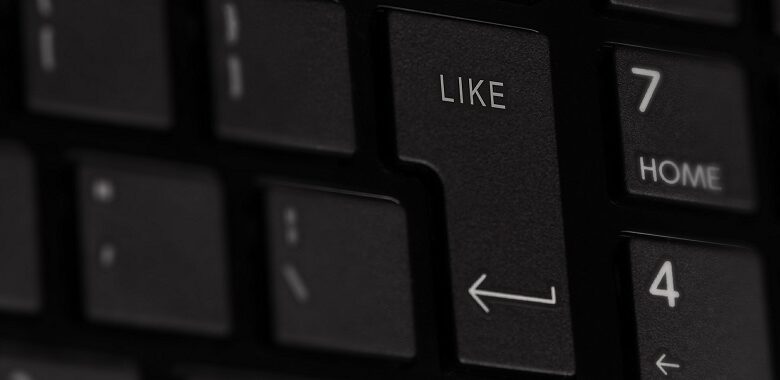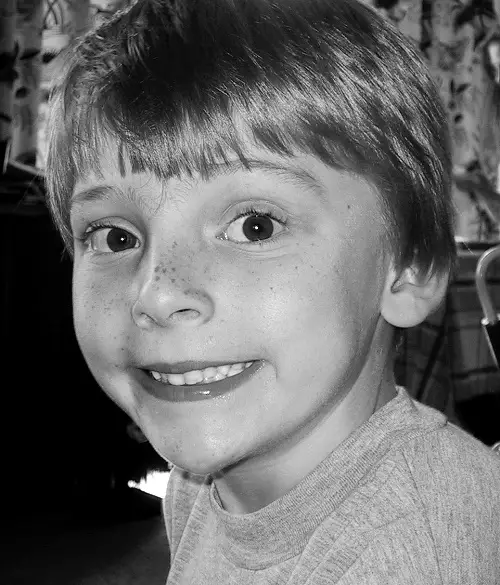
Learning to accept and embrace my disability
Freddie Stebbings, who recently came on board to work across our social media channels, talks about his experiences of growing up with cerebral palsy, facing his first big challenges with living independently at university and accepting his disability and who he is.
I’m Freddie, I am 24 and I have lived with cerebral palsy since birth. But it is only recently that I have fully acknowledged the big part disability has played in my life.
I have also increasingly wanted to find ways to engage with the disability community, particularly as I neared the final year of university, where I studied journalism and communications, and headed toward my next steps in life.
Growing up with cerebral palsy
As a child, I never really wanted to be introduced to disabled people. Having been educated at mainstream schools and forming relationships within that group in society, I was blinkered.
When I look back on my childhood, I never really took notice of the fact I was different from everyone else. I felt as if I was able-bodied.

As a consequence, I missed out on accepting and developing a healthy relationship with my disability. I also feel that it affected the way I interacted with disabled people.
I remember when I was about 12, I wanted to start playing football. My dad wanted me to engage with children through disability football to build up relationships for later down the years.
For some odd reason, it just didn’t feel natural to me. Their world was a million miles away from mine. I just didn’t feel comfortable, so after only four sessions, I quit.
Back then, I was extremely self-conscious if my disability was brought up in conversation, especially with my peers. I would try to avoid it, shut it down and divert the conversation onto a different topic.
I have a very supportive family network that has never wavered. I was very lucky that I was never seen or treated as different from anyone else.
However, this sense of being ‘able-bodied’ changed my perception of what disability was and meant to me. I saw it as separate, different and not me. I realised I didn’t know how to be around disabled people – people like me.
The reality of my disability
The reality of living with a disability only hit me when I moved down to Falmouth to start my degree. Before then I had been living at home in London with my father.
It was a massive shock to the system, particularly moving into halls and totally away from home. I knew exactly what the definition of ‘independence’ meant, but the reality of it was very different.
Dealing with the everyday tasks of cooking, cleaning, exercising and juggling university work, as well as having a fun social life, was hard. I think it’s hard for anyone, but having a disability made it trickier.
I had to evaluate what was important to me in terms of time and energy I spent.
Re-evaluating my disability
For the first time, instead of being ‘normal’, trying to fit in and possibly even denying my disability, I had to face it, head-on. There was no other choice – I wouldn’t have got through university otherwise.
First of all, I had to find an effective way of studying and picking out the most important parts of the information.
Being a student journalist isn’t just about the academic side of the course. What I found most challenging was the amount of footwork needed to study.
It was a very active course that involved going out, getting the stories and then producing them on the same day in the newsroom. I found that the most draining part of my week.
I also had to work out how to balance the social aspect of university. To me, this was the most important part because my friends were integral to my life at uni. I don’t think I could’ve survived it without having a very strong friendship base.

But I had to do it without wearing myself out. I had to make time to see them and make plans for events. I had to make sure I didn’t use up too much energy during the week so that I can take part in all the social activities and gatherings that were part of my fundamental university education.
As someone with a disability, I always thought that going to university was a way of shaping the way I wanted people to see me with a disability, compared to how I was perceived at school. However, I discovered that you can’t control what others might think.
I remember that every time I went for a night out in Falmouth with friends, I would get the odd passer-by asking, “Are you alright mate, do you want me to walk you anywhere?”
This happened even if I hadn’t had any drinks. They’d simply assume that because I have trouble walking I had been drinking heavily. I always used to take them up on the offer, just because I like to get to know people. Naturally, I talked about myself too.
It made me realise; if I’m open and explain my disability, they understand and usually accept me.
Lastly, I had to save 180 minutes’ worth of time and energy to watch my beloved Arsenal every week. After every match, I feel like I’ve done a complete workout because the adrenaline rush that I get from football is higher than any type of exercise I do.
Sharing my experiences with disability
For my dissertation project, I had to create a documentary. It could either be audio or visual. Having had the project in the forefront of my mind since the beginning of the year, I started looking back on my life and thinking about what I could take as inspiration.
Thinking about my childhood and my newly-learnt experiences at university, I came to that conclusion I had never really explored my disability. So, at the age of 23, it was the time to do just that.
The process of interviewing people and understanding their stories and sharing similarities really opened my eyes to the world of disability. I am so happy to have produced a project that has given me so much in return.
You can listen to my podcast, A Few Steps Further, where I talk to experts and other disabled people, on SoundCloud.
Fully embracing my disability
After finishing university, I was lucky enough to have been given the opportunity to do an internship with the Purple Goat agency, run by Disability Horizons’ Co-founder, Martyn Sibley.
Martyn and Chris, who both have spinal muscular atrophy, have been great mentoring figures – just what I needed at a time when I am accepting and embracing my disability.
The media industry has also had quite an impact on me. Looking at it from a journalistic point of view, there is so much more it could bring to the world of disability through inclusion in the workplace.
This doesn’t just apply to the media, but all industries. They need to recognise how valuable disabled people are as consumers and workers.
It is paramount that things change in terms of the representation of disabled people in modern society – if only I had seen more positive portrayals of disability when I was growing up.
I feel that social media has a huge part to play in bridging the gap and giving us a voice to make a difference. That’s why I’m thrilled to now be working with Disability Horizons to manage its social media channels.
I’m looking forward to being part of the Disability Horizons community.
By Freddie Stebbings
More on Disability Horizons…
